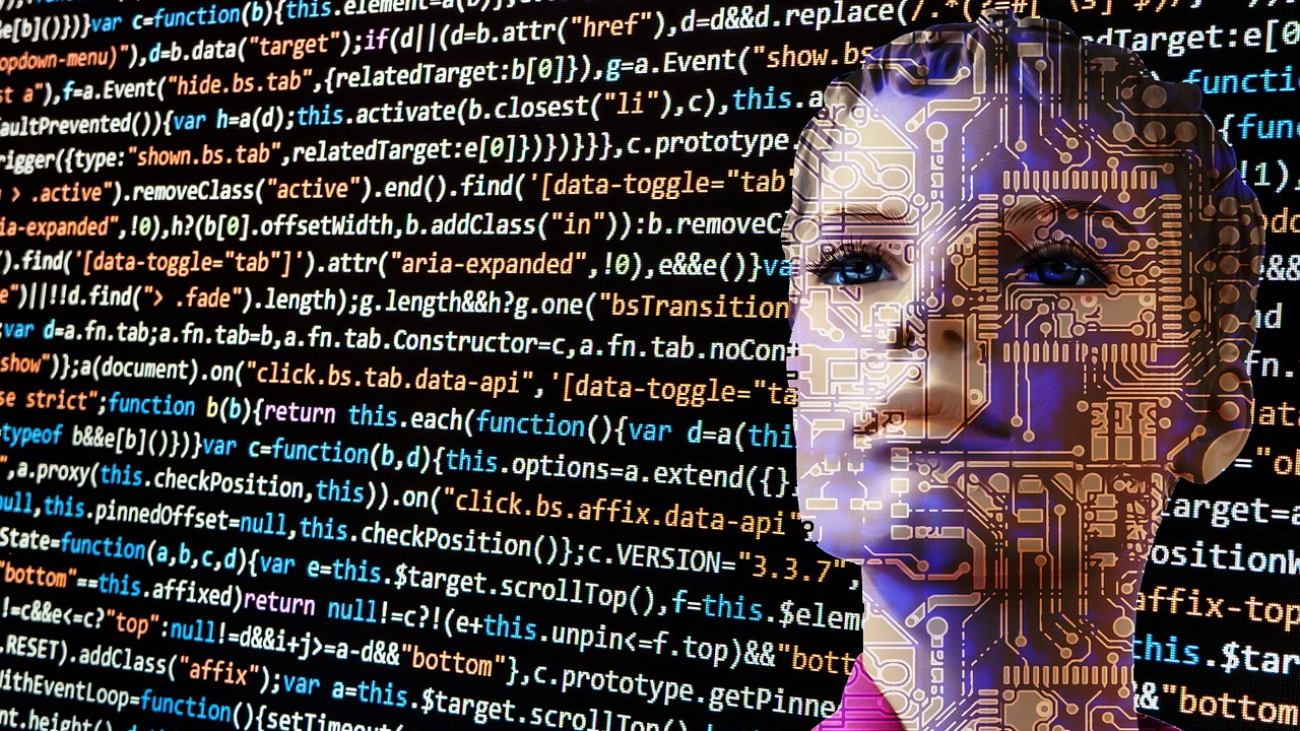The Evolution of Artificial Intelligence: From Science Fiction to Reality
Artificial Intelligence (AI) has emerged as a transformative technology, revolutionizing various aspects of our lives and industries. From personalized recommendations on streaming platforms to self-driving cars, AI is driving innovation and shaping the future. In this article, we will demystify artificial intelligence, explore its impact on society, and delve into its vast potential.
Understanding Artificial Intelligence
Artificial Intelligence refers to the development of intelligent systems that can perform tasks that typically require human intelligence. These systems are designed to perceive, reason, learn, and make decisions. AI encompasses a wide range of techniques and technologies, including machine learning, natural language processing, computer vision, and robotics.
Applications of Artificial Intelligence
The applications of AI are vast and diverse, transforming various industries and domains:
1. Healthcare
AI is revolutionizing healthcare by enabling early disease detection, personalized treatment plans, and efficient medical image analysis. Machine learning algorithms can analyze vast amounts of patient data to identify patterns and provide accurate diagnoses. AI-powered robots assist in surgical procedures, enhancing precision and reducing recovery time.
2. Finance
In the finance industry, AI algorithms analyze complex financial data, detect fraud, and provide personalized investment advice. AI-powered chatbots assist customers with inquiries, and intelligent virtual assistants enhance customer service experiences.
3. Transportation
AI is driving innovation in transportation with the development of self-driving cars and autonomous drones. These technologies have the potential to improve road safety, optimize traffic flow, and revolutionize the delivery of goods.
4. Retail
AI-powered recommendation systems provide personalized product suggestions to customers, enhancing their shopping experiences. Chatbots assist with customer queries and automate customer support, improving efficiency and response times.
5. Manufacturing
AI enables predictive maintenance by analyzing sensor data to detect and prevent equipment failures. Intelligent robots automate manufacturing processes, increasing efficiency and productivity.
Impact of Artificial Intelligence
The impact of AI is profound, transforming industries, and society as a whole:
1. Enhanced Efficiency and Productivity
AI automates repetitive tasks, freeing up human resources to focus on more complex and creative endeavors. By augmenting human capabilities, AI improves efficiency and productivity across various domains.
2. Improved Decision-Making
AI algorithms can process and analyze vast amounts of data, providing valuable insights for decision-making. From business strategies to medical diagnoses, AI helps humans make more informed choices.
3. Personalization and Customization
AI-powered recommendation systems and personalized marketing enable businesses to cater to individual preferences and provide tailored experiences to customers. This level of personalization enhances customer satisfaction and loyalty.
4. Automation and Labor Market Impact
While AI brings numerous benefits, it also raises concerns about job displacement. Automation may change the nature of work, requiring individuals to adapt and acquire new skills to remain relevant in the evolving labor market.
5. Ethical Considerations
As AI evolves, ethical considerations become increasingly important. Ensuring fairness, transparency, and accountability in AI algorithms and decision-making processes is crucial to avoid bias and negative consequences.
The Future of Artificial Intelligence
The potential of AI is vast, and its future holds limitless possibilities. Advancements in AI research, coupled with increasing computational power, will likely lead to further breakthroughs. From advancements in robotics and natural language processing to the development of superintelligent AI, the future of AI promises exciting opportunities and challenges.
As AI continues to evolve, it is essential to navigate its development and implementation responsibly, considering the ethical, legal, and social implications. Collaborative efforts between researchers, policymakers, and industry leaders are crucial to ensure that AI technologies are developed and deployed in a manner that benefits society as a whole.
In conclusion, artificial intelligence is transforming our world, offering immense potential to improve various industries and enhance our lives. From healthcare to finance, transportation to retail, AI is revolutionizing the way we work, live, and interact. Embracing the opportunities and addressing the challenges associated with AI will pave the way for a future where intelligent machines and humans coexist, driving innovation and progress.

